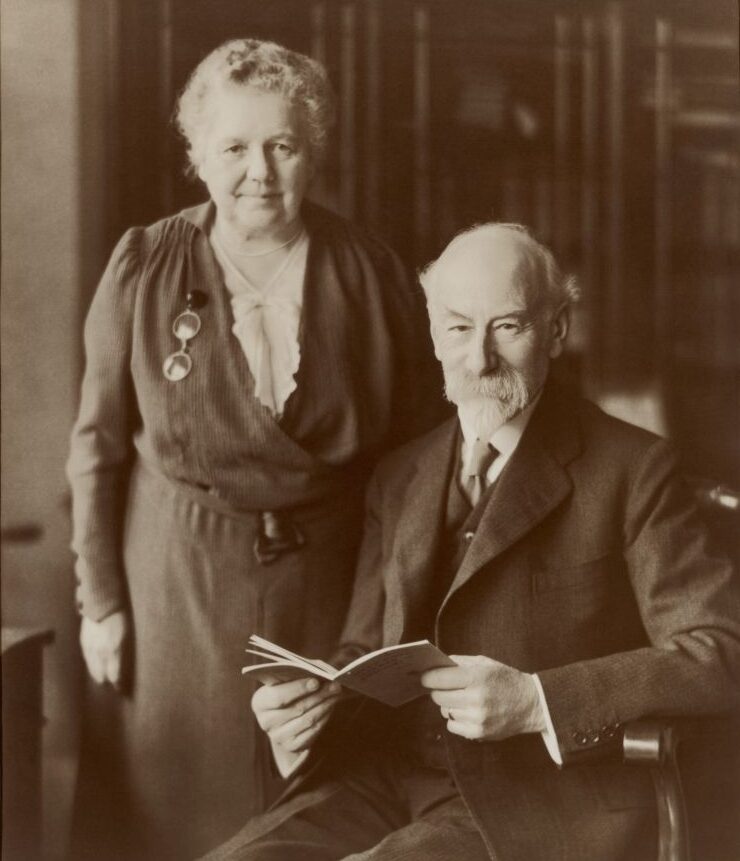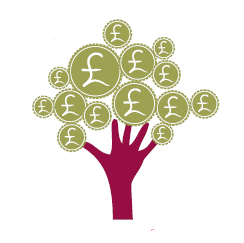Our endowment
An endowment is a capital sum usually invested in order to produce growth or an income. The income from our endowment is used to fund our work, much of it in the form of grants but also in social investment and other activities.

Historical origins of the endowment
In 1920 Barrow and Geraldine Cadbury set up a charitable trust (now known as the Barrow Cadbury Trust) with Barrow’s personal holding of shares in the family’s chocolate company. This endowment provided the income for the couple’s giving and other philanthropic work. The company did well and so the endowment grew. However, despite the growth of their social justice work and the increase in their endowment, they disliked being connected with patronage and or being described as philanthropists. They believed that giving meant much more than distributing grants from the charitable trust, a belief which has characterised our approach to this day. Barrow and Geraldine believed that the solutions to social ills in Birmingham lay in the hands of central and local government – and that ‘speaking truth to power’ was as important as the relief of symptoms.
For the last hundred years or so our work has reflected the social and political challenges of the time. In the early 20th century much of our work focused on the health and social needs of the Birmingham population. Later our Quaker heritage led us to be involved in initiatives to create a more inclusive and peaceful society. Now we work with many others for greater social justice and equality in the fields of gender, economic, racial and criminal justice. However, although times have changed, each generation of trustees has been guided by a commitment to social integration and the protection of engaged democracy.
Over the past decade, we have concentrated on using our endowment in newer ways. We have developed a social investment portfolio with £6m being invested into social enterprises. We are now very active shareholders, putting pressure on companies to perform better on environmental, social and governance issues. We have a ‘segregated’ portfolio of stocks and shares, meaning that we know exactly what we hold and can review them in accordance with our ethical beliefs
Board responsibility
The board reflects regularly on its responsibilities as trustees of a family-led philanthropic trust. They are very aware that they are unelected custodians of an important resource for the social justice sector. They aim to be fully transparent about all of the Trust’s activities and consult regularly with our stakeholders. Since 2009 there have been non-family members on the board and we are striving to make the board more inclusive and diverse. Board and staff all work carefully to reduce the power imbalance inherent in our roles by co-creation and co-design.
In 2019, shortly before the pandemic, the Board took the decision to reduce our spending from the endowment and gradually to return it to a sustainable footing for the long term. This has provided difficult in the context of the pandemic, followed by the cost of living crisis. Presently, (20 23) the board has committed to maintaining our current level of inflation-proofed spending for three years.
Find out more



